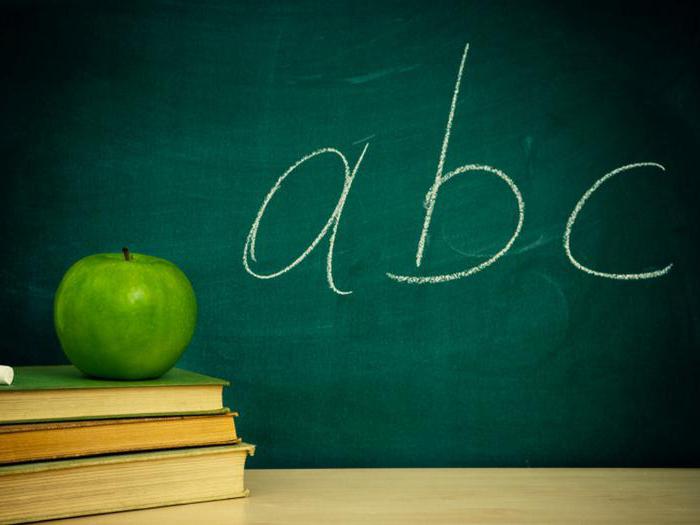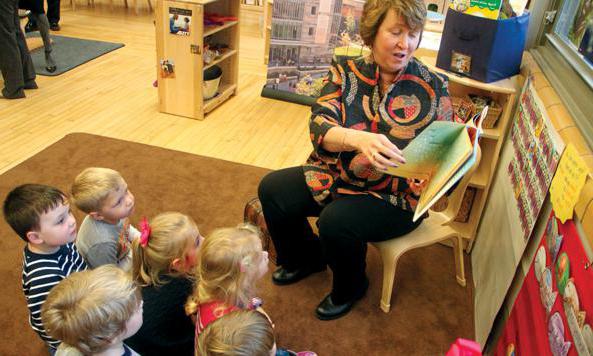Types of educational organizations are defined in Federal Law No. 273. This normative act also provides the characteristics and key goals of institutions, the procedure for their formation, reorganization, liquidation, and working conditions. Let's consider them in more detail. 
Article 23 (Part 1)
Types of educational organizations vary depending on the curriculum that they implement. They may include primary or secondary disciplines. In accordance with this, allocate:
- Preschool organizations.
- Professional educational institutions.
- General educational organizations.
- Universities.
The preschool educational curriculum is being implemented at the preschool educational institution. In addition, the tasks of these institutions include the care and supervision of children. Vocational schools are represented by technical schools, colleges, etc. They are implementing secondary vocational education programs. In universities, as a rule, undergraduate and graduate programs are provided. In addition, scientific work is being conducted in such educational institutions. A comprehensive school implements curricula in primary, secondary and high school. The institution accepts children who have graduated from pre-school education and prepares them for 10 years to enter the university. 
Part 2
Federal Law No. 273 also defines organizations engaged in educational activities in additional disciplines. Moreover, this work is their main goal. The Law defines the educational organizations of basic and professional additional training. They conduct pedagogical work not included in the PLO.
Comments on the Law
In Art. 1 part 1 of the Federal Law No. 273 defines the subjects having the right to conduct training. They are educational organizations, as well as individual entrepreneurs. These entities are vested with rights, obligations, bear responsibility and have social guarantees. These provisions apply to employees of institutions. 
Educational organizations
Nonprofit structures act as them. General educational organizations operate on the basis of a license. Education in them is the main goal of creation. Educational institutions are organizations that also operate under license. Realizing the main tasks, they additionally conduct training. Educational organizations are created in the forms provided for by civil law governing the work of non-profit structures.
Private educational institutions
Their work is also regulated by Federal Law No. 273. In the Law, such institutions are defined as organizations created in the manner prescribed by the rules, by one or more citizens or their associations. Foreign religious societies cannot form such educational institutions. The right to create organizations that implement educational programs in the field of state security and defense belongs only to the Russian Federation. 
Features of the name
The name of the educational institution may contain indications of the specifics of the work. For example, "a comprehensive school with a mathematical bias." The name may contain an indication of the integration of different types of curricula. The program of activities of the educational organization may include additional tasks. For example, it can be correction, maintenance, rehabilitation, psychological and pedagogical support, technological, research and other work.Indication of this may also be present in the name of the institution.
Reorganization and liquidation
Activities related to changes in the legal status of educational institutions are carried out by decision of the executive body at the regional, federal or local level. Reorganization and liquidation of institutions is carried out in accordance with the provisions of civil law, taking into account the specifics provided for in Federal Law No. 273. The formation of educational organizations is carried out in a similar way. When a decision is made by the executive body of the appropriate level, an assessment of its consequences should be carried out. Analysis of the results is carried out by a special commission. When reorganizing or liquidating an educational institution located in a rural area, the opinion of local residents is taken into account. In accordance with Art. 22 (parts 13 and 14), the procedure in accordance with which an assessment of the consequences of the decision is carried out, as well as a special commission is formed and an opinion is prepared, is determined by the Government of the Russian Federation or the competent regional structure. 
Charter
In Art. 25, part 1 of the Federal Law No. 273, it is determined that a document must be present in the educational organization that establishes the main provisions of its activities. It is the charter. This document is approved in the manner prescribed by law. Part two of this article provides a list of conditions that must be present in the charter. So, the document contains information about:
- Type of organization.
- The founder.
- Implemented educational programs indicating the focus or level of training.
- The competence and structure of the administrative apparatus of the institution, the terms of its authority, the procedure for its creation.
The charter also includes other information provided for in Russian law. 
The specifics of individual entrepreneurs
Citizens can carry out educational activities both independently and by attracting hired teachers. Article 32 of the Federal Law No. 273 prescribes mandatory state registration of an individual entrepreneur at the Federal Tax Service or its territorial division. At the same time, the tax service must notify the executive body of the appropriate level about the registration of such an entity. Before starting the provision of educational services on a paid basis, an individual entrepreneur must provide parents and the student with information about:
- State registration as an individual entrepreneur.
- The level of vocational training, the total work experience, the duration of individual activities in the field of education. Similar data are provided for hired teachers.
Within the meaning of civil law, individual entrepreneurs engaged in educational activities on a paid basis must enter into relevant agreements. They can be in simple writing. The contract should reflect the basic conditions for the provision of services, duties and rights, as well as the responsibility of the parties. In addition, the document determines the term, procedure and amount of payment.








